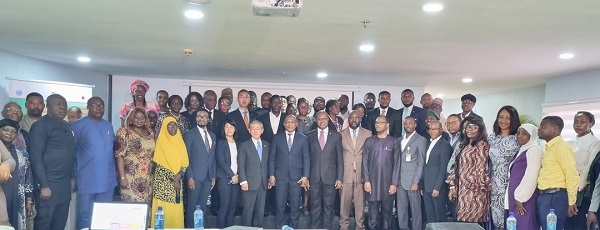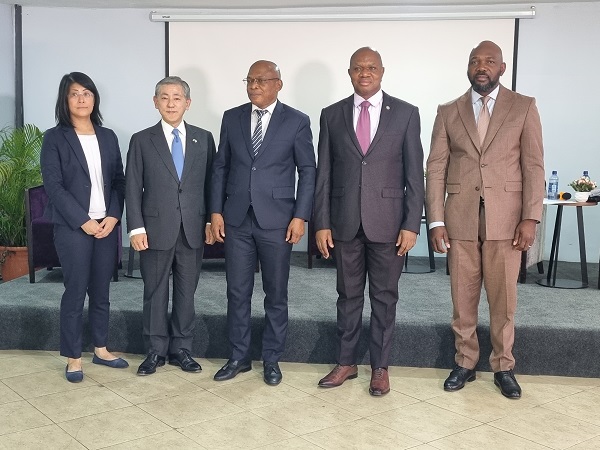
The Federal Government of Nigeria has collaborated with stakeholders in the plastic sub-sector to create guidelines for the country’s plastic waste management policy. The goal is to develop an all-inclusive document that receives strong buy-in and inputs from all involved parties.
The Minister of Environment, Barr. Mohammed Abdullahi, gave an opening address at an introductory seminar on circular economy and resource efficiency and a stakeholders meeting on the development of guidelines. He noted that plastic waste has negative consequences for human health, natural ecosystems, and the climate. Plastic pollution is a significant concern globally, and Nigeria is no exception. The country generates a large volume of plastic waste from various sources, such as packaging, storage of food and drinks, and shopping, which end up littering the environment, blocking drainages, and releasing toxic gases when burnt or incinerated.
Abdullahi acknowledged that the large volume of plastic waste generated presents circular economy business opportunities across the plastic value chain. Thus, the waste should be harnessed for job and wealth creation, establishing micro, small, and medium-scale enterprises, private sector investment, and foreign direct investment.
The project “Promoting Sustainable Plastic Value Chain Through Circular Economy Practices” to be piloted in Lagos and Abuja, was developed to address these gaps. The project is funded by the government of Japan and implemented by the United Nations Industrial Development Organisation (UNIDO) in collaboration with the Federal Ministry of Environment.

Represented by the director overseeing the office of the permanent secretary of the ministry, Mr. Charles Ikeah, the minister averred that the national stakeholders’ consultative meeting is therefore organised to sensitize all relevant stakeholders on the need for the development of guidelines in Nigeria’s plastic waste management policy.
The UNIDO Nigeria Regional Hub’s Regional Director, Mr Jean Bakole, reiterated the need for strong, strategic, and impactful policies through more innovative initiatives that would lead to higher resource use efficiency and a significant reduction of solid waste. He reaffirmed UNIDO’s commitment to working with the Federal and State governments and relevant stakeholders for the implementation of the upcoming programme for country partnership, where a sustainable environment is seen as a major area of achieving inclusive and sustainable industrial development without compromising the environment’s quality.
Amb. Kazuyoshi Matsunaga, Embassy of Japan to Nigeria, said that the partnership with UNIDO and Nigeria would support the implementation of the project, creating job opportunities in the country. The Japanese government was committed to collaborating with the Nigerian government and UNIDO and had developed a recycling culture on how to manage waste effectively.
The meeting would help the government come up with a guideline that would support it in promoting waste management in the country. The project manager of UNIDO, Ms. Nishio Nahomi, said that the collaboration of various stakeholders would go a long way in the implementation of the project, which had received a total of $52.5 million in funding. Nahomi called on stakeholders to support UNIDO, the Federal Government, and Japan government in the project’s execution, which would help reduce waste pollution and create job opportunities in the country.


